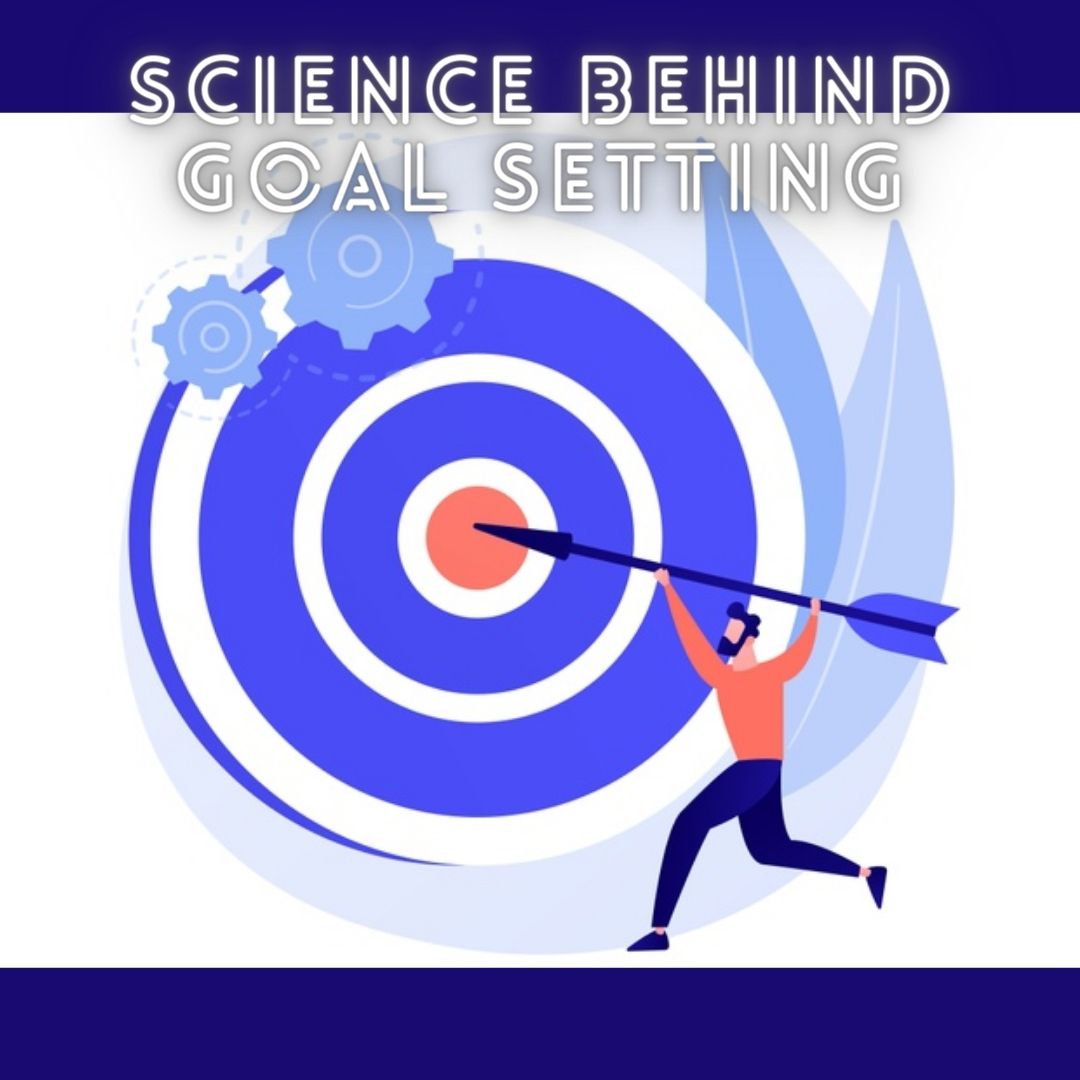Setting goals intrigues us to excel in life but why and how? What’s the science behind it? And what impact does it have on our brain?
Setting goals and following them is an important and integral part of success. Goal setting is a process of identifying something or developing an action plan. The plan that we want to achieve or accomplish in specific timeframes. Setting goals is necessary for a successful life. As goals and aims inculcates in us the ability to manage or direct our life. Without goals and ambitions, we can get lost in focus and direction in life. We will have no idea what we are doing and why we are doing a certain task. Motivation, commitment, consistency, and clarity are important parameters for attaining the desired target.
Motivation is a fundamental and key step in setting and achieving goals. While setting the goal one should keep in mind that the goal he has chosen for himself must motivate him. It is better to set the goals which are related to the higher priorities in our life. Because if we have limited interest in the outcome then there is a minimum chance to attain our desired target. To fulfill goals, one must pay full devotion to his ideas. He must motivate himself by developing ” I must or I can do this” kind of attitude.
Goals are just like a lighthouse, lighting the way, the brighter the light the clearer the path will be. Goals must be clear, well defined, and specific which shows us the way otherwise, a person demotivates himself and procrastinates. They must be realistic, measurable, and attainable. While setting goals one must decide when he wants to accomplish his goal and a time frame to complete his task.
Make sure to set the attainable goals because if you become hopeless in achieving them then you will only demotivate yourself and lose your interest and confidence. Setting realistic yet challenging goals helps in creating the desired balance in life. To develop focus one must set the relevant goals in alignment with a direction he may want in his life and career. Setting time-bound goals are essential as it increases the sense of urgency and achievement. Widely scattered, vague, and inconsistent goals are only a wastage of time and lead us to nowhere. We can make step-by-step progress towards our goals by sticking with our goals and making an action plan to keep ourselves on track.
Setting goals isn’t simple, so having a clear, captivating goal that mobilizes our focus toward actionable behavior. We are aware of the fact that goal setting is important because it helps us to build self-confidence and increase productivity but what is the science behind how goals help us in developing focus. When we set a goal, our mind naturally directs our attention to follow the next step, leads us in the right direction, and intrigues our actions and behavior to follow.
According to the research, a part of our brain believes that the desired outcome is an essential part of who we are so it sets up the conditions that motivate us to work towards the goals to fulfill the brain’s self-image. Dopamine is a neurotransmitter and acts as a motivator. It creates a sense of happiness when the brain is stimulated by achievement therefore, it plays a key role in keeping us focused on goals and motivating us to attain them. Important is to set attainable, relevant, and clear goals because we can’t improve what we are unable to manage.
It is important to know what happens in our heads when we set goals and how it affects our brains. Our brain is unable to distinguish between the things we want and what we possess. It treats the failure to achieve goals and creates anxiety and tension until we achieve the desired goal. The greater the potential our goal has the more anxiety and stress our brain creates. Tension drives us towards accomplishment as the frustration of our desires starve us of dopamine causing anxiety whereas, accomplishment releases dopamine and gives us a sense of satisfaction.
Setting goals restructure our brain cells to make us successful as it changes the way of brain functioning. If we are highly committed and dedicated towards our goals then our brain perceives obstacles as less significant. Goals affect our performance by focusing, mobilizing our effort, increasing our consistency and strategy development.


